We know we need to teach our kids many things like good manners, how to tie their shoe laces, ways to keep safe. But parents need to add another essential skill to the childhood education list – the ability to be compassionate.
And according to some psychologists, philosophers and even the Dalai Lama, compassion is one of the most important things we can teach our kids for the very survival of humankind.
Sound a bit dramatic?
There’s a growing area of study, it seems, called “the science of altruism” which claims that barring some brain disorders, all kids are born hardwired to show compassion, it just needs the adults in their lives to nurture and develop it.
“Sympathy is indeed wired into our brains and bodies; and it spreads from one person to another through touch,” writes Dacher Keltner, psychologist and author of Born to be Good: The Science of a Meaningful Life, who also adds that “sympathy is our strongest instinct”.
“Because of our very vulnerable offspring, the fundamental task for human survival and gene replication is to take care of others. Human beings have survived as a species because we have evolved the capacities to care for those in need and to cooperate.”
Kids need to grow up in an empathetic environment to unlock their compassionate natures, says Maia Szalavitz, co-author of Born for Love: Why Empathy Is Essential – and Endangered.
She says the key is nurturing, responsive parenting. “Babies whose needs for touch, comfort and soothing are not met regularly by one or two primary caregivers will have difficulty developing empathy – just as babies who aren’t exposed to speech will not be able to learn to speak.
“People are most empathetic when they feel calm and safe – if your own needs aren’t being met, it’s hard to think of someone else’s. This is why it’s impossible to spoil an infant by responding to him or her—and why punishment doesn’t make bullies into nicer people.”
Compassion tips for mums and dads
- Monkey see, monkey do: As with much of our parenting, it’s about modelling. If our kids see us showing empathy and compassion, it becomes one of their values and normal behaviour. Research has found that compassionate parents raise kids who are nicer to their peers.
- Talking about what we’re thankful for: While it may sound a little “Brady Bunch”, psychologists claim that simple dinner time conversations about the positives in our own lives boosts happiness, well-being and health.
- Embrace the good: Acknowledging people who are what’s termed “morally inspiring” has been found to improve people’s feelings of connection to one another and their sense of purpose.
- Being nice feels nice: Researchers have measured the amount of the feel-good chemical oxytocin that humans can produce when they’re compassionate. Help kids feel that by encouraging them to do a good deed or be kind to others.
- Recognise your kids’ acts of kindness: If your child shares their toys or comforts a sad friend, acknowledge it and talk about how that act made everyone feel as well as what the feelings could have been if the act of kindness hadn’t happened.
- Have a family pet: Being nice to animals has been found to help develop compassion as often a child’s relationship with a pet is the first one in which they learn to understand the feelings of others. Research has found that children with pets had higher self-esteem and were more popular with their classmates because they were more empathetic.
As the Dalai Lama says: “If you want others to be happy, practice compassion. If you want to be happy, practice compassion.”
The article was written by Fiona Baker for Kidspot, New Zealand’s best parenting resource.
Read more on Kidspot:

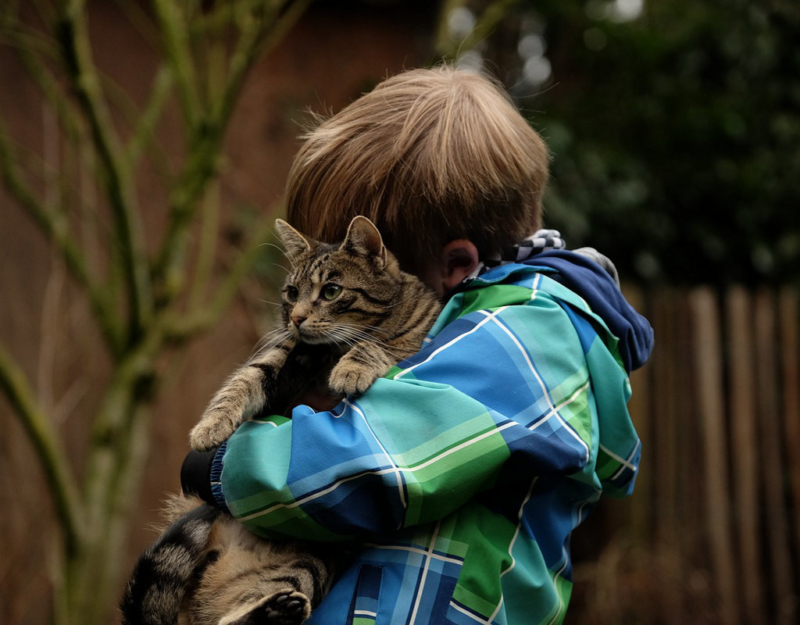
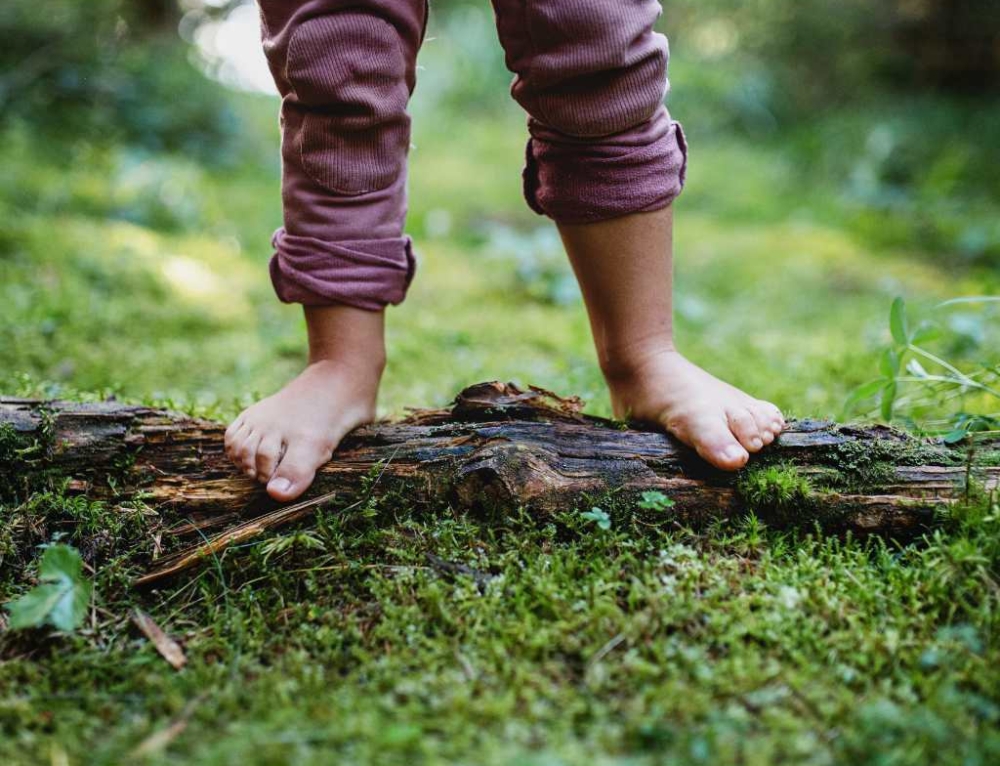
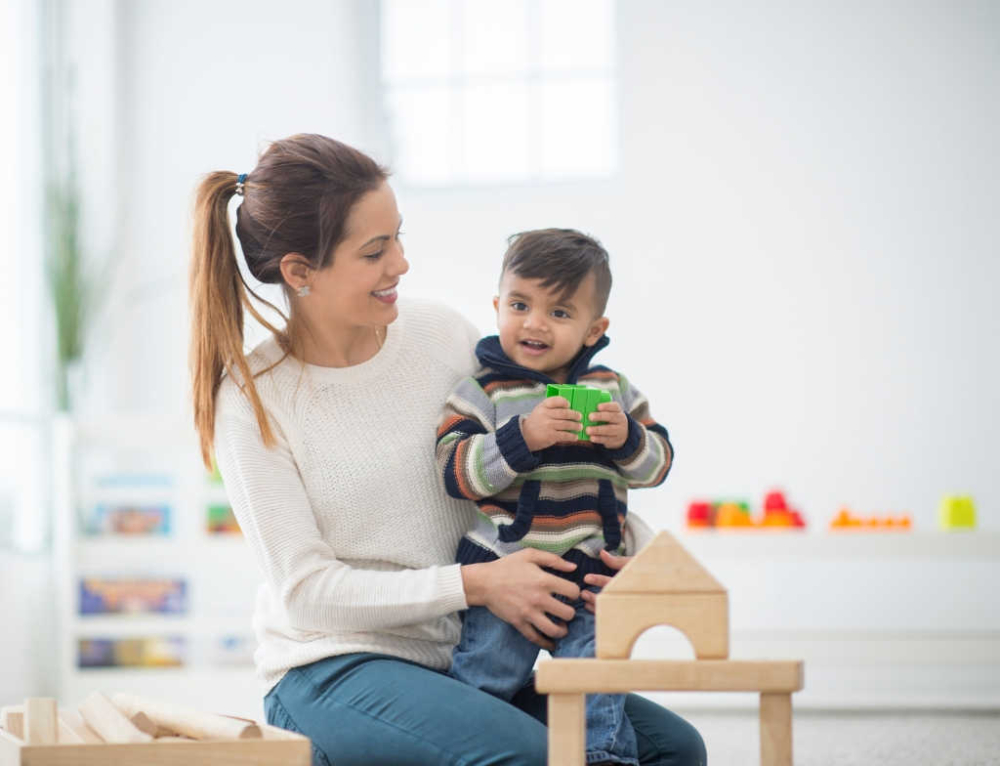

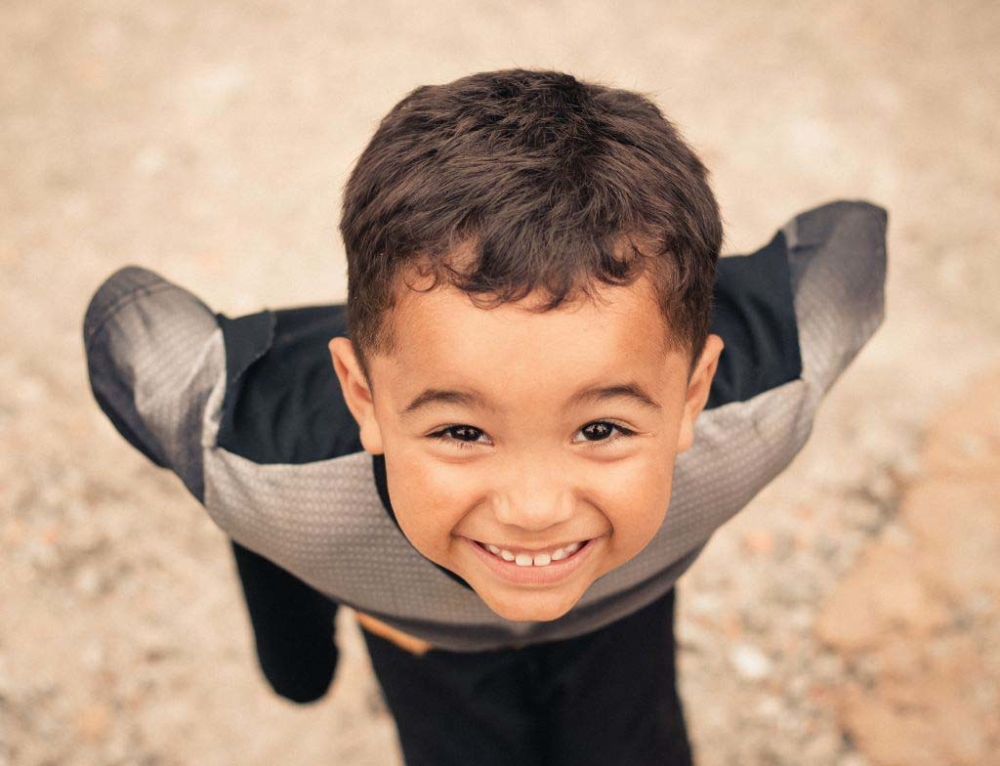
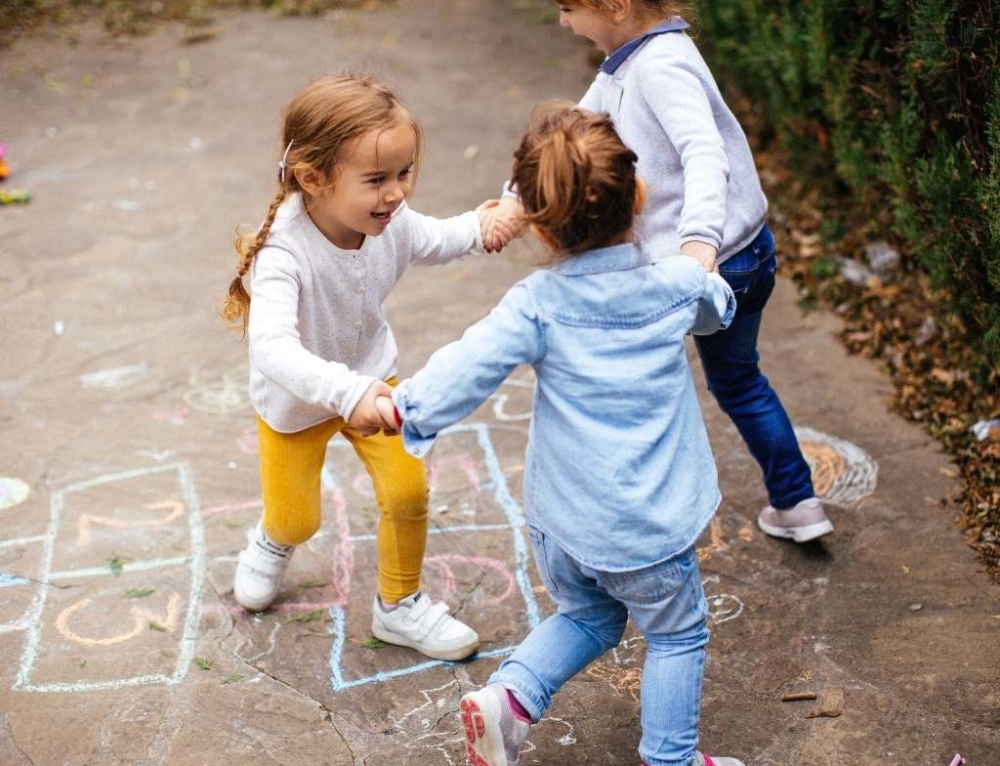
Leave A Comment
You must be logged in to post a comment.